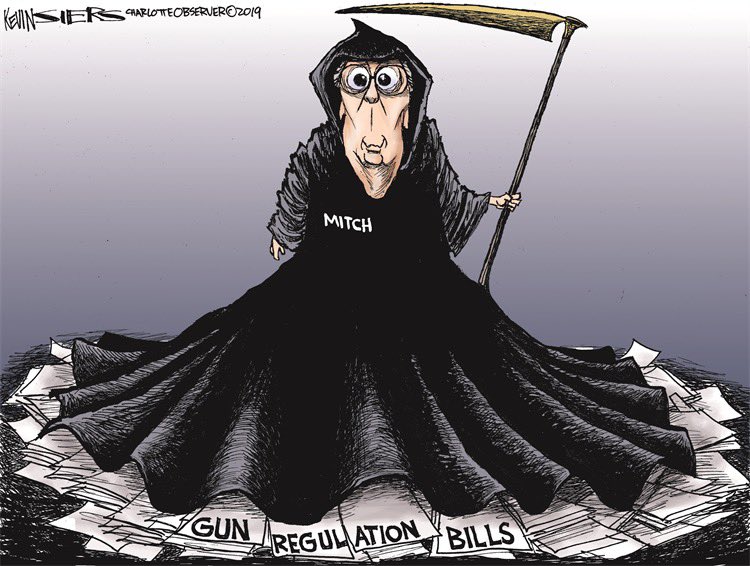D&D IS BA- ok no it's not just that, but instead let's talk about about "old school" D&D and how it's actual heirs are found more in the indie games scene rather then both modern D&D and (most of) the OSR
Dragonlance is bad.
Dragonlance does bad things to D&D.
Dragonlance introduces it's adventures alongside the novels, and the adventures take you THROUGH the novels. Which sounds fun, but...now there's a plot, written in advance.
Stories sell.
Pre-made plots sell.
...The next edition didn't help.
It doesn't last very long, though.
3e isn't.
3e isn't *at all.*
It becomes apparent once the game gets played outside of WotC that some classes are just way fucking better.
(it doesn't)
3e's lasting ethos isn't "back to the dungeon." It's "no see it's SIMULATING A WORLD so uh *furious jerk off sounds*"
This thought leads to some new ideas of gameplay. Games like FATE popularize the idea of mechanics that the "character" doesn't in any way know about, but the player does. It also popularizes mechanics wherein the player hurts their character, but for meta reasons.
Know what DOES though?
That indie scene.
The DM sets the stage, and then everyone just fucking sees what happens.
The DM is also a player!
Now it's not "the DM sets the stage, everyone sees what wild-ass shit goes down." Now it's "the stage is pre-set, now everyone TRULY sees what wild-ass shit goes down."
Sorry Ewen! I spammed you by accident, I promise!
I hate this fucking website, it's the worst!






